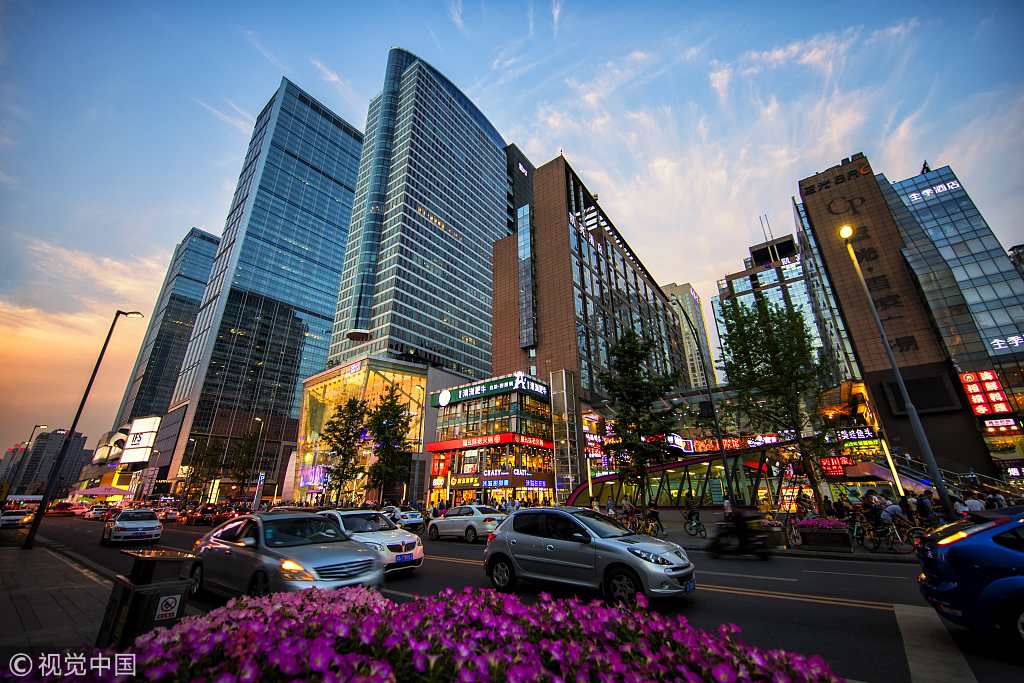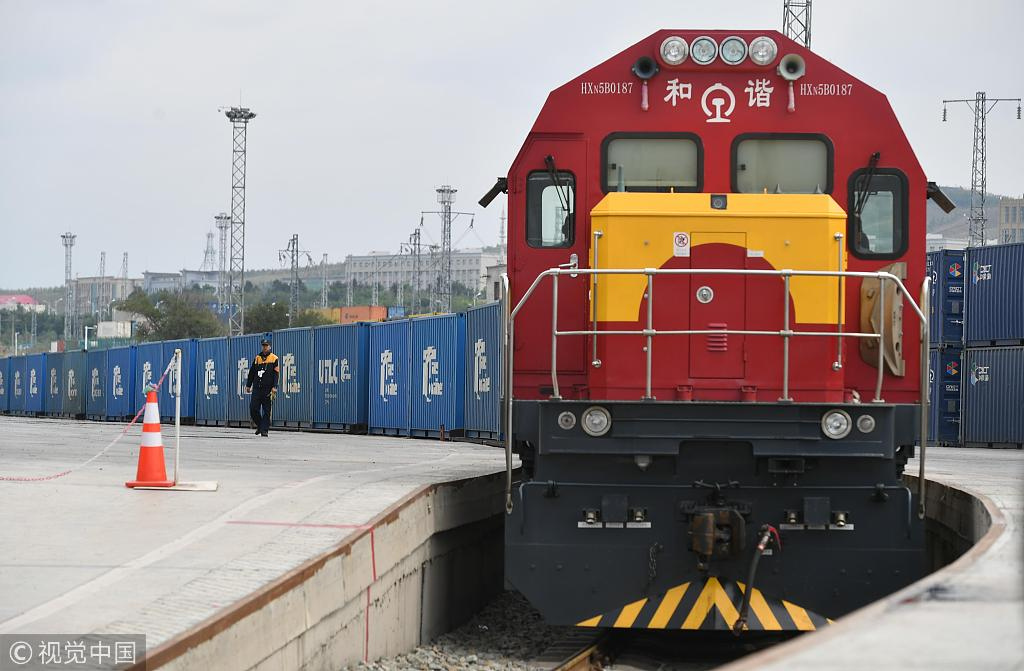
Opinion
10:05, 22-Apr-2019
The BRI is focused on rule-based development
Pan Deng

Editor's Note: Pan Deng is a member of the Academic Committee at the Charhar Institute and executive director of the Latin America and Caribbean Region Law Center of China University of Political Science and Law. The article reflects the author's opinion, and not necessarily the views of CGTN.
Since the Belt and Road Initiative (BRI) was proposed more than five years ago, successful cases of economic development in the countries along the route have emerged one after another, and local people have benefited greatly from public welfare projects. The mainstream international community has expressed support for the BRI, which is widely seen as an opportunity for cooperation.
However, some countries, motivated by the conventional, colonial way of thinking spared no effort to smear the BRI. They are countries who have gained vested interests through the existing unbalanced international economic order. They would accuse China as being a "rule breaker" and raise the question of whether the BRI is "rule-oriented" or "development-oriented." In a word, they have attempted to impose the image of "colonial predator," "geo-expansionist" and "wealth looter" on China, thus increasing the public pressure on the BRI.
In fact, China has no intention of subverting the existing international economic order or dictate future rules through the BRI. The initiative is rooted in eastern philosophy and adopts a development path different from the existing international order.

A night view of Chunxi Road, one of the major shopping streets in the center of Chengdu, southwest China's Sichuan Province, May 13, 2018. /VCG Photo
A night view of Chunxi Road, one of the major shopping streets in the center of Chengdu, southwest China's Sichuan Province, May 13, 2018. /VCG Photo
The construction of the non-system
In the past system of international law, the method of the pre-set system was adopted. Before the actual operation of the system, the designers first make assumptions on various problems that may occur in the future operation, and on this basis design the member relationship, organizational structure, operation mode, decision-making mechanism and dispute settlement mechanism.
Although the BRI does reflect China's desire and efforts to respond to the defects of the existing international rule of law, China's efforts differ from previous international practices.
Different from the "grand and all-encompassing" logic system in western academia since Aristotle, China's thought system is practice-based and incremental. It also affects China's views on domestic and international affairs and the way it deals with specific issues.
Similarly, China's reform and opening-up have achieved remarkable success by not establishing a grand system but resolutely carrying out specific practical operations and going through trial and error.
Considering that China still has insufficient experience and practice in the international rule of law system, China has also adopted the method of "non-systematic exploration" in the process of designing and promoting the BRI. It is consistent with the "practice-feedback-modification-retrial" pattern in China's reform and opening-up process.
Rules can guarantee development
BRI regards open cooperation as its basic philosophy and principle of cooperation. The initiative is not limited to geographical areas of countries and regions along the route, but covers countries, regions and international organizations all over the world that are interested in coming on board. Therefore, it is difficult for the BRI to adopt single-rule-oriented pattern often adopted by western countries in the past. However, this does not mean that the BRI excludes rule orientation.

The X9401 China-Europe freight train from Urumqi, Xinjiang Uygur Autonomous Region, to Moscow, pulls out from Urumqi station, August 13, 2018. /VCG Photo
The X9401 China-Europe freight train from Urumqi, Xinjiang Uygur Autonomous Region, to Moscow, pulls out from Urumqi station, August 13, 2018. /VCG Photo
Quite the opposite, China has always adhered to the principles of respecting the discretion of participating countries and following market rules, referring to international prevailing rules and aligning its development strategy with all parties in accordance with the national conditions of each country. Whether it is a memorandum of understanding on intergovernmental cooperation, a cooperation plan in key areas or a project loan agreement, they are all well-conceived, systematic legal documents that can fully represent the intentions of parties in concern.
Even in the absence of well-established laws and regulations, Chinese enterprises still carry out economic and trade exchanges and initiate major infrastructure financing and construction projects with relevant countries and institutions by signing specific project agreements, framework cooperation agreements and cooperative documents on the nature of soft law.
The experience of China's development process has repeatedly proved that rule-oriented development can have more certainty, stability, predictability, and security. Development can go hand in hand with rules. With rules, development goals can be better met through action. The BRI is an embodiment of China's own development experience, and it's unlikely that China failed to realize the fundamental role of rule orientation in the steady development of the initiative.
(If you want to contribute and have specific expertise, please contact us at opinions@cgtn.com)

SITEMAP
Copyright © 2018 CGTN. Beijing ICP prepared NO.16065310-3
Copyright © 2018 CGTN. Beijing ICP prepared NO.16065310-3